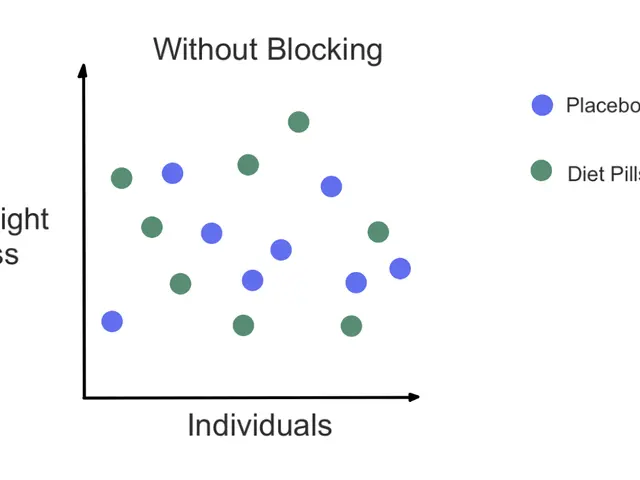Safe approaches for easing toddler coughs:
In the cold and flu season, toddlers can often fall victim to persistent coughs. While home remedies can provide some relief, it's essential to know when to seek medical care. Here are some effective home remedies for toddler coughs and signs that warrant a visit to the doctor.
For soothing a toddler's cough, parents can consider natural approaches such as honey, ginger, warm fluids, humidifiers, salt water gargle, and avoiding irritants. Honey, when given to children over the age of one, acts as a natural cough suppressant and soothes irritated throats. Ginger tea, possibly with added honey, has anti-inflammatory properties that may reduce airway inflammation and suppress the cough reflex. Warm fluids, such as water, clear broths, or herbal teas, can soothe the throat and reduce irritation. Humidifiers or steam inhalation can reduce airway dryness and inflammation, easing cough symptoms. Salt water gargle can reduce throat inflammation and cough frequency for older toddlers who can safely gargle. It's crucial to keep toddlers away from smoke, dust, or strong odors to prevent worsening of cough symptoms.
However, it's important to note that honey should not be given to infants under one due to the risk of infant botulism. Over-the-counter cough and cold medications are not recommended for children under two years of age due to potential life-threatening side effects. Caregivers should always consult a healthcare professional before administering home remedies to a child.
When to Seek Medical Care for a Toddler’s Cough:
Parents should consult a healthcare provider if their child's cough is accompanied by or includes any of the following: difficulty breathing or rapid breathing, persistent high fever, cough lasting more than three weeks or worsening, cough producing green, yellow, or bloody mucus, signs of dehydration (no tears, dry mouth, decreased urine output), wheezing or stridor (high-pitched breathing sound), frequent vomiting or inability to eat/drink, lethargy or unresponsiveness. In these cases, a medical evaluation is crucial to rule out infections, asthma, or other serious conditions.
In summary, home remedies can provide relief for toddler coughs, but professional care is essential when serious signs appear. Parents can consider using honey, ginger, warm fluids, humidifiers, salt water gargle, and avoiding irritants. However, it's crucial to consult a healthcare professional before administering home remedies to a child. If a toddler's cough persists, worsens, or is accompanied by concerning symptoms, seek immediate medical attention.
- A chronic disease like diabetes requires careful management and regular monitoring.
- Science continues to make strides in predictive care for conditions such as HIV and hepatitis.
- Type 2 diabetes is a common chronic disease that affects many people worldwide.
- A sore throat can be a symptom of strep throat, a bacterial infection that requires medical treatment.
- Caregivers play an important role in managing chronic diseases like Crohn's and COPD.
- A QR code on a medication's packaging can provide essential information about potential side effects and interactions.
- A blocked nose can indicate a respiratory condition like asthma or allergies.
- A persistent cough may be a symptom of cancer or other serious medical conditions.
- Eye health is crucial for overall health and wellness, with conditions like glaucoma affecting millions.
- Hearing loss can occur due to various reasons and can be managed with therapies and treatments.
- Fitness and exercise are essential for maintaining cardiovascular health and overall well-being.
- Family health involves not just physical health, but also mental health and skin care.
- Mental health conditions, such as depression and anxiety, are common and require appropriate treatments.
- Skin conditions like eczema and psoriasis can be managed with proper nutrition and skincare routine.
- Parenting involves understanding different stages of a child's development, such as weight management for toddlers.
- Workplace wellness programs can promote fitness, nutrition, and mental health initiatives for employees.
- CBD oil is increasingly being used to manage neurological disorders and chronic pain.
- Neurological disorders, such as Alzheimer's and Parkinson's, require ongoing care and management.
- Regular screenings and check-ups can help in early detection and management of various medical conditions.
- Companies like Pfizer are investing in research for treatments and cures for diseases, including cancer and respiratory conditions.





